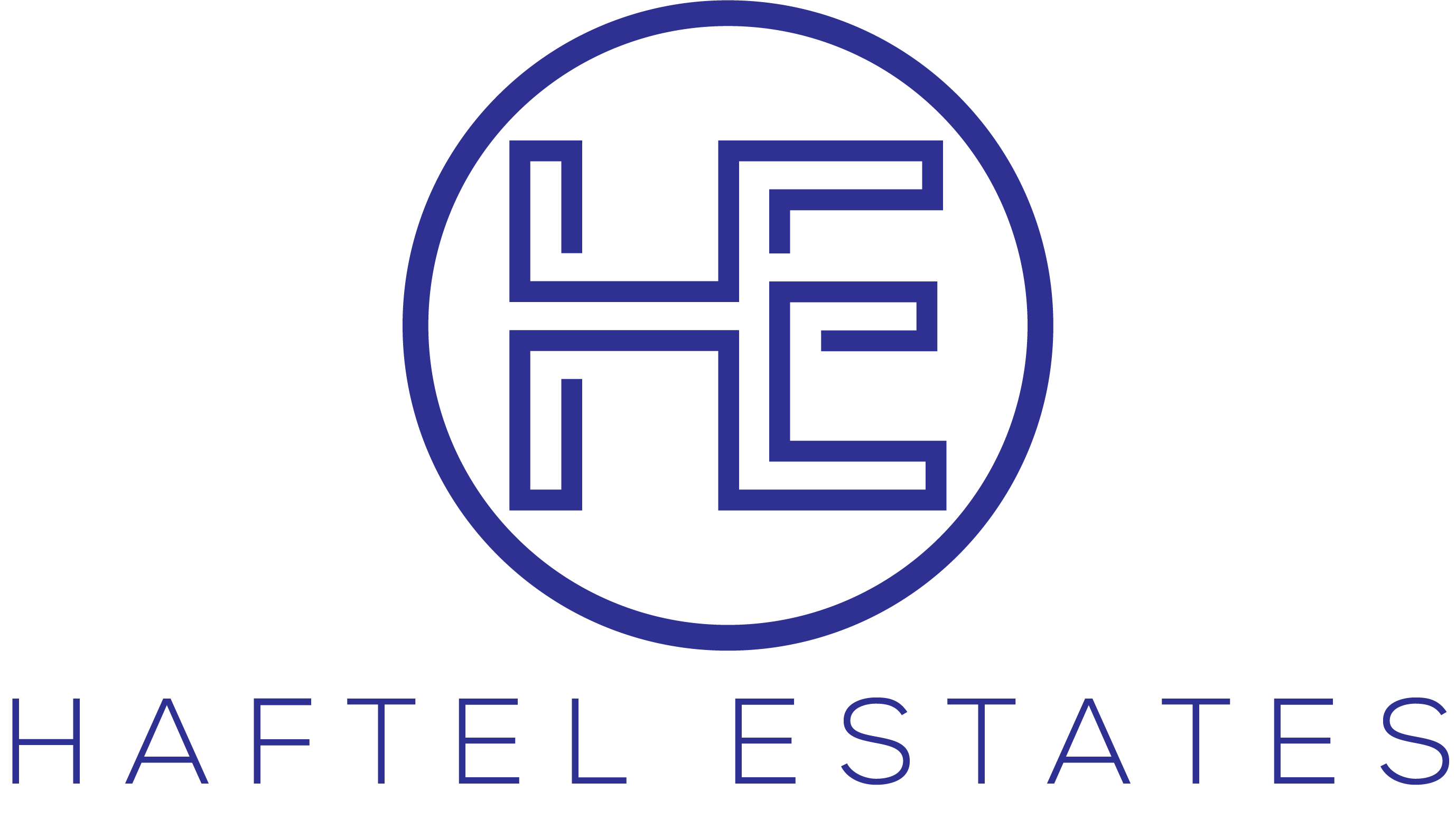Buying your first home is a spectacular experience. You’ve spent a lot of time and energy building the dream of homeownership, and you’re almost ready to take your journey from concept into action. Congratulations! Here are some tips and tricks to help you along in the home buying process.
 Money Matters
Money Matters
It’s essential to obtain pre-approval for your home mortgage loan before you begin shopping for houses.
Down Payment
Traditionally, homebuyers invest twenty percent of the home they’re buying as a down payment. If the house you’d like to buy is $200,000, the traditional investment equates to $40,000. There are, however, first-time homebuyer’s programs as well as tailored loan programs for people who qualify.
Loan Programs
There are loan programs available for certain qualifying individuals such as minorities, low-income households, or military personnel, among others.
The Federal Housing Authority backs FHA loans and requires a far less significant down payment or even no down payment at all. These loans also have less stringent requirements for credit history, etc.
Grants
Grants differ from loans because a loan is money borrowed that the borrower must repay whereas a grant is a gift that requires no repayment. Several grants exist for home buyers that can help you with your down payment and closing costs, but you may have to do some legwork to discover which programs are available in your area, and which apply to you.
Talk with your real estate representative about the possibilities for obtaining assistance with your down payment.
Closing Costs
The money you need to save for the purchase of your first house isn’t only to cover the down payment. In fact, most buyers also incur closing costs which are due upon close of the transaction and are not typically included in the home mortgage loan.
Closing costs include services provided during your transaction. Services included in closing costs may include but are not limited to appraisers, inspectors, surveyors, attorneys, escrow agents, couriers, administrative clerks, loan officers, and more. You can anticipate closing costs to range between one percent and eight percent of the value of the home you’re buying, although two – five percent is a more accurate guesstimate.
Sellers will sometimes share or take all the responsibility for closing costs. Talk with your real estate agent professional about the possibilities for covering closing costs.
 Credit Score and Debt-to-Income Ratio
Credit Score and Debt-to-Income Ratio
When you apply for your home mortgage loan, your lender is going to investigate your credit score as well as your debt-to-income ratio.
Credit Score: Your credit report is a snapshot for lenders of your borrowing history. Lenders want to verify you’ve got a good record of paying back your debts. Credit scores of 640 or higher may qualify, although ratings 720 and over are best. Your best course of action is to prime your credit report before applying for a home mortgage loan.
Debt-to-Income Ratio: Debt-to-income ratio is a way of measuring the amount of money you have going out to the amount of money you have coming in. Debt-to-income ratio can be a red-flag of over-extending yourself financially, which could hinder attempts at a home mortgage loan. Your expenses should only account for 36 percent of your income. You can improve your debt-to-income ratio by paying down debts or closing out credit accounts.
House Hunting & Offers
Your real estate agent will review your wish list and budget, then show you homes that match your criteria. When you find a house you love, your agent will help you submit a competitive offer and, if necessary, negotiate terms.
When the seller accepts your offer, the house must be appraised, inspected, and surveyed at your lender’s request to verify the value and condition of the home for which you’re borrowing the funds. During these processes, your contract is still negotiable.
When all the processes are complete, all parties meet at what’s called the closing table. The closing table is where all final documents are signed, the title is transferred, service providers are paid, and the keys change hands from the seller to the buyer.
Conclusion
Work with a qualified, professional buyer’s agent who can guide you through each phase of the home-buying process. Not all agents are equal, so research and interview real estate agents until you find the best match for your needs. Above all, enjoy yourself. You’ve worked hard to reach this milestone; you have the right to celebrate the journey.
Haftel Estates would be happy to show you homes, guide you through the offer process, and negotiate a sale. Feel free to contact us at 561.526.6990 for answers to your questions!

